铆焊车间铆接和焊接替代车间:现代制造业的核心生产基地
一流的铆接车间是制造业的基石,60% 以上工业产品的质量直接取决于其生产车间的专业水平。
铆焊车间是专门从事金属结构连接和制造的作业场所,集材料准备、焊接加工和质量检验的完整生产过程于一体。而铆焊替代车间则更加注重灵活的生产能力和定制要求我们能够同时为多个客户提供专业的焊接服务。
现代铆接车间不再是传统意义上的 "焊接车间",而是自动化设备、数字化管理系统和标准化流程的结合体。先进制造部门.
01 现代铆焊车间的规划和布局
科学合理的车间布局是保证生产率的基础。职能领域划分是铆接车间设计的首要考虑因素。
典型的铆接车间应包括以下核心区域:
-
物资储存区:用于储存钢板、型材等原材料,配有货架系统和清晰的标签管理
-
卸货准备区:安装剪切机、等离子切割机等设备,对材料进行初步加工
-
焊接区:根据产品种类划分不同的工作站,如手工焊接区和机器人焊接区。
-
半成品周转区:工序之间的临时储存区,确保物流顺畅
-
成品检验区:配备各种质量检测设备
-
表面处理面积:后续处理,如喷砂、喷涂等。
物流路径设计直接影响车间效率。优秀的车间布局采用 U 型或线性物料流模式,以减少物料搬运距离和次数。焊接工位间距通常保持在 3-5 米,既保证操作空间,又方便物料搬运设备通行。
环境控制也是车间设计的重要组成部分。通风系统焊接烟尘排放必须符合标准,每个工作站都配有局部排气装置;照明系统必须确保工作面的照度不低于 300 勒克斯;电源配置满足同时使用大功率焊接设备的需求。![图片[1]-铆焊车间与铆焊代加工车间:现代制造业的核心生产基地-大连富泓机械有限公司](https://cndlfh.com/wp-content/uploads/2025/09/QQ20250927-182050-800x518.png)
02 铆钉焊接替代讲习班核心设备配置
设备水平直接决定了铸造厂的技术能力。焊接设备多样化它是满足不同客户需求的基础。
现代铆接和焊接铸造车间通常配备以下设备组合:
-
机器人焊接系统:用于大批量、高重复性的产品,以确保一致性
-
龙门式自动焊接机适用于大型结构件上的长焊缝
-
便携式焊接设备满足现场维护和特殊位置焊接的需要
-
激光焊接机:满足高精度和小变形要求的精密焊接
辅助设备同样重要。车间应配备金属加工设备,如大型卷板机(可处理厚度超过 30 毫米的钢板)、液压折弯机(压力超过 1000 吨)和一系列起重机(起重能力为 5-50 吨),以形成完整的加工能力。
检测设备的水平反映了车间的质量保证水平。三维测量仪用于检测大型结构件的尺寸精度;超声波探伤仪和磁粉探伤设备用于焊接质量检测;机械性能测试仪用于取样和测试焊接接头的强度。
03 铆焊车间的生产流程和管理制度
标准化流程是确保产品质量稳定的关键。生产计划管理它是车间运作的起点。OEM 车间需要建立多项目并行管理机制,合理调度,确保每个客户订单按时交付。
整个铆接过程包括
-
绘图过程审查:分析产品的可制造性,确定最佳工艺解决方案
-
材料准备:根据工艺要求准备母材和焊材
-
倒角:通过机械或等离子加工焊接坡口
-
配对定位:使用特殊工具确保装配精度
-
焊接实施:按照焊接程序进行焊接操作
-
焊接处理:打磨和清理焊缝、外观维修
-
质量控制:进行无损检测和尺寸检查
-
表面保护:根据要求进行喷砂和涂层处理。
工地管理层它直接影响生产效率和安全。实施 6S 管理(整理、整顿、清扫、清洁、素养、安全)是优秀铆焊车间的基本要求。设备定置摆放、工具定置管理、区域标识清晰,营造出井然有序的生产环境。
04 铆接和焊接铸造车间的质量控制系统
质量是铸造厂的生命线。全面质量控制该系统应涵盖从原材料到成品的每一个流程步骤。
焊材管理是质量控制的源头。车间需建立焊材库房,控制库房温湿度(温度≥5℃,相对湿度≤60%)。焊条、焊剂按要求烘干保温,发放、回收有完整记录,防止受潮影响焊接质量。
焊接过程控制的要点包括
-
焊工资格管理:确保每个运营商都获得许可证并定期接受审查
-
工艺纪律检查:监测焊接参数是否符合工艺规定
-
流程自检和互检:检查并确认操作员何时完成每个流程。
-
无损检测应用:根据产品要求选择适当的测试方法和比例
质量追溯系统是 OEM 车间的核心优势。通过实施产品标识系统,每个工件的材料批次、工艺参数、操作人员、检验结果等信息都被记录在案,从而实现全过程可追溯。当出现质量问题时,可以迅速找到原因并采取纠正措施。
05 专业铆焊车间的人员配备和技能要求
人力资源是车间最重要的资产。团队结构合理化这是维持车间运转的基础。
典型的铆接车间应配备以下专业人员:
-
焊接工程师:负责工艺设计、问题解决和技术创新
-
生产主管:负责生产计划的实施和现场管理
-
焊工:不同的资格水平:初级、中级和高级。
-
质检人员:负责原材料、工艺和成品检查
-
设备维护人员:负责设备的日常维护和故障排除
技能培训系统这是保持竞争力的关键。优秀的车间都有完善的培训机制,包括
-
职前培训:新员工必须接受安全和技能培训并通过考试
-
在职培训:定期组织新技术和新工艺培训
-
认证组织焊工获得国际认证(如 ISO 9606)
-
技能比赛:通过竞赛促进技能交流与提高
铸造车间还需要培养员工的客户服务意识技术人员要能与客户有效沟通,了解需求,提供专业建议。技术人员要能与客户有效沟通,了解需求,提供专业建议;生产人员要树立 "下一道工序就是客户 "的理念,确保每件产品都符合要求。
06 如何选择合格的铆接代工车间
在选择合作伙伴时,需要从多个方面评估代工厂的整体能力。现场视察这是最直观的评估方法。![图片[2]-铆焊车间与铆焊代加工车间:现代制造业的核心生产基地-大连富泓机械有限公司](https://cndlfh.com/wp-content/uploads/2025/09/QQ20250927-182317-800x593.png)
参观车间时应重点关注:
-
设备状态:设备状况良好,维护记录完整
-
现场管理:材料摆放有序,过道畅通。
-
产品质量:对在制品和成品进行外观质量抽样检查
-
员工操作:观察员工是否按照程序操作,保护措施是否到位
资格是基本门槛。合格的铸造车间应具备
-
ISO9001 质量管理体系认证
-
行业特定资格(如压力容器制造许可证)
-
焊接系统认证(如 EN 15085 铁路焊接认证)
-
环境与职业健康安全管理体系认证
合作案例这是能力的最好证明。要求车间提供同类产品的成功案例,最好实地考察已交付产品的使用情况。同时,了解车间的主要客户群体和行业口碑,选择口碑好的合作伙伴。
随着工业 4.0 时代的到来,智能化铆接车间正成为一种趋势。通过引入物联网技术焊接参数可实时监控,质量数据可自动分析。数字双胞胎在投入生产之前,可以在虚拟环境中对生产流程进行优化。
选择一家专业的铆接和焊接铸造厂实质上就是选择了一家可靠的外部生产基地.优秀的车间不仅能提供高质量的焊接产品,还能成为客户企业的战略合作伙伴,共同应对市场挑战,实现共赢发展!

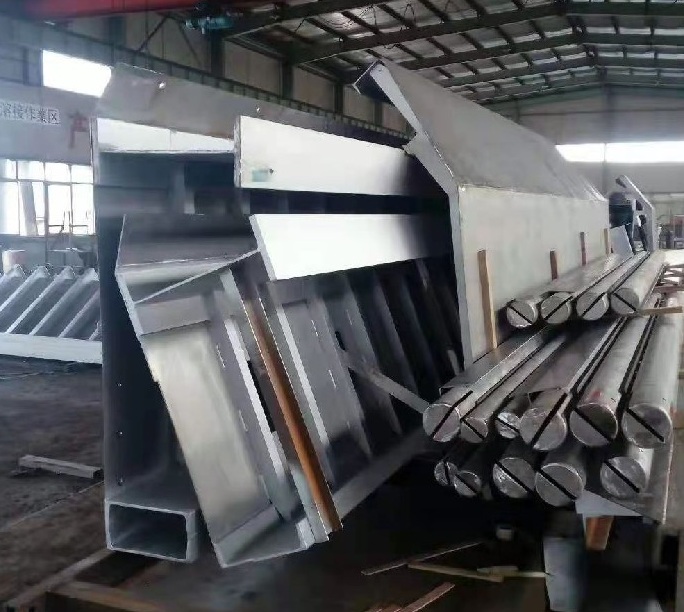


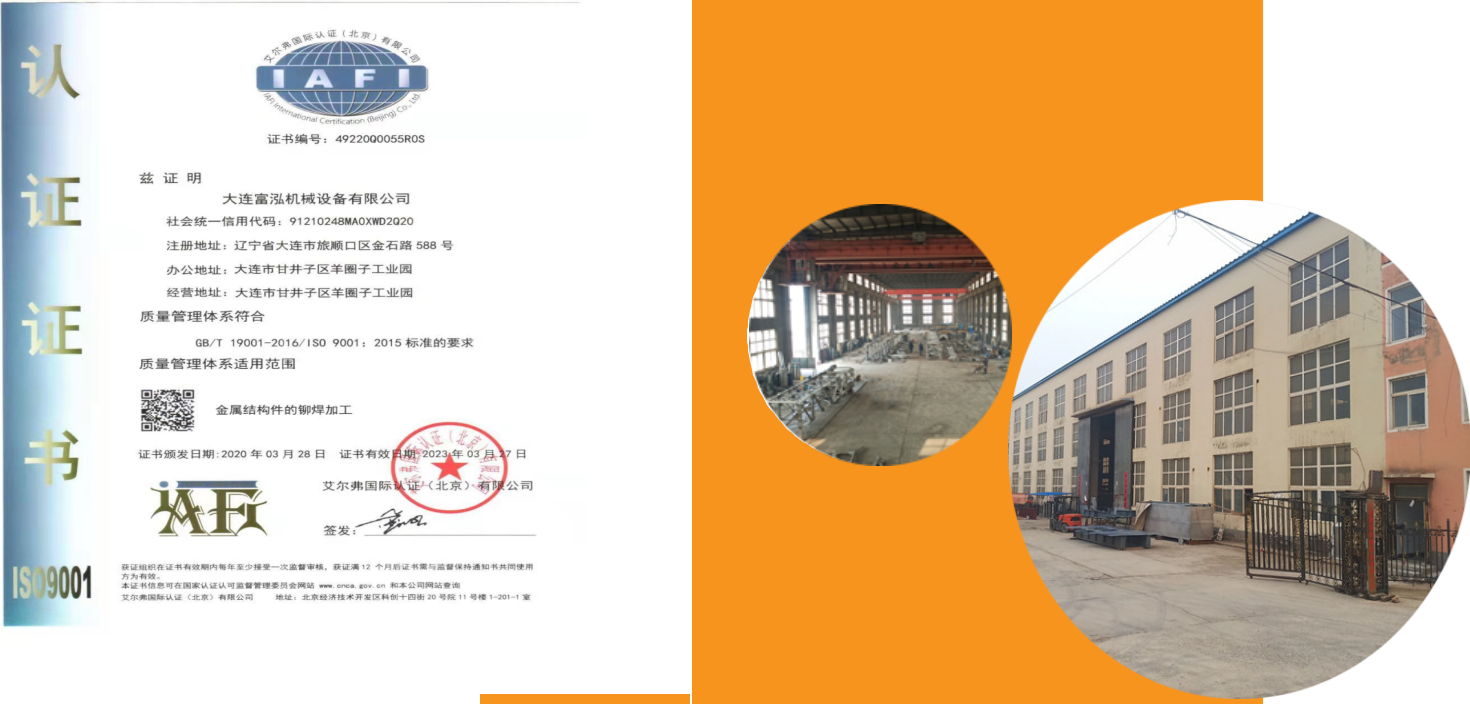
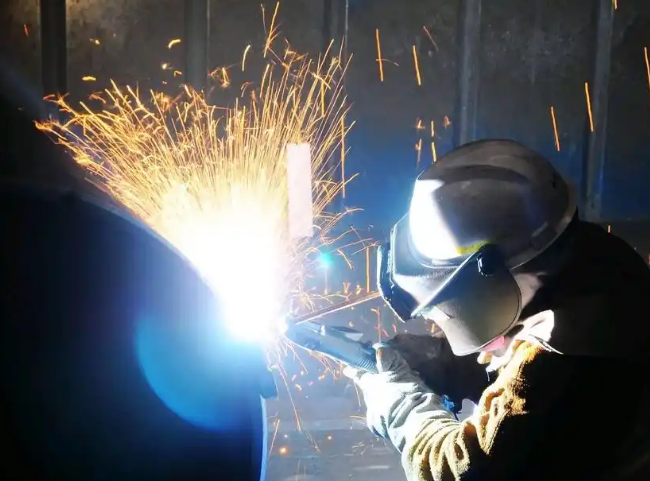

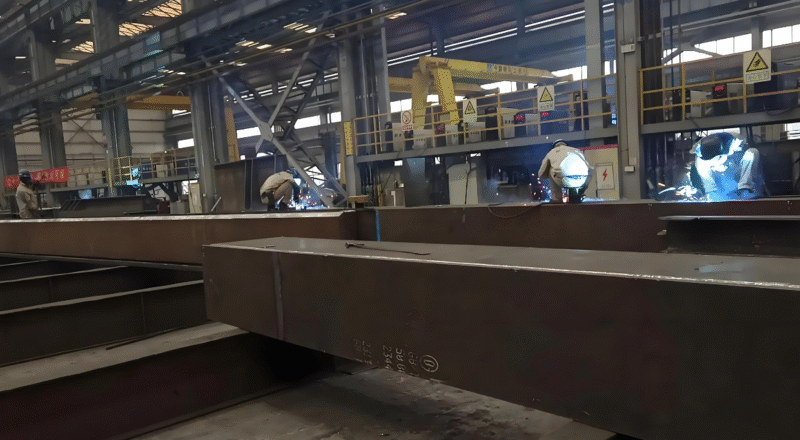
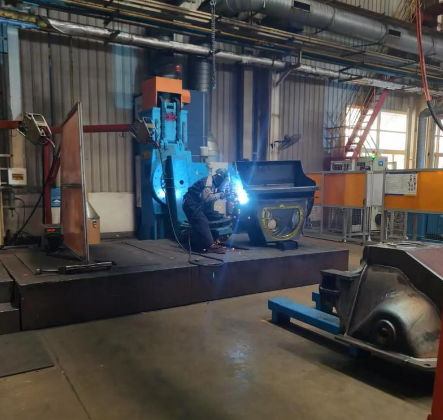
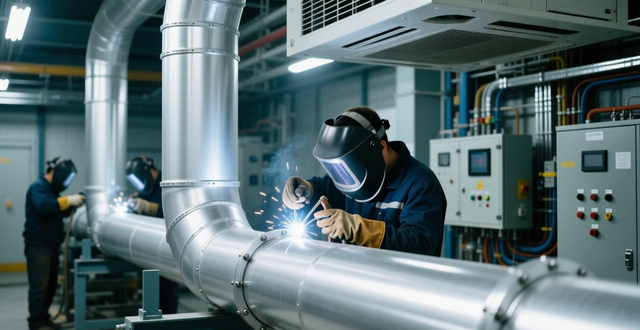


暂无评论内容